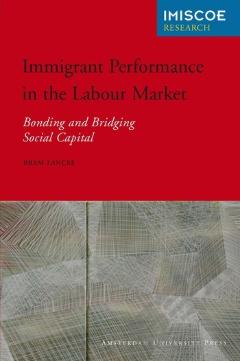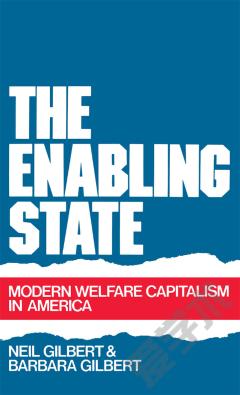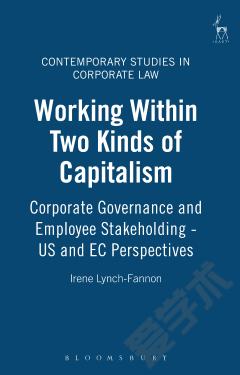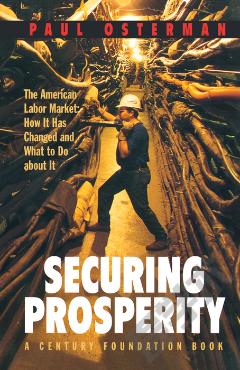Capitalists Against Markets —— The Making of Labor Markets and Welfare States in the United States and Sweden
----- 资本家反对市场:美国和瑞典的劳动力市场和福利国家的形成
Conventional wisdom argues that welfare state builders in the US and Sweden in the 1930s took their cues from labor and labor movements. Swenson makes the startling argument that pragmatic social reformers looked for support not only from below but also from above, taking into account capitalist interests and preferences. Juxtaposing two widely recognized extremes of welfare, the US and Sweden, Swenson shows that employer interests played a role in welfare state development in both countries.
{{comment.content}}








 京公网安备 11010802027623号
京公网安备 11010802027623号